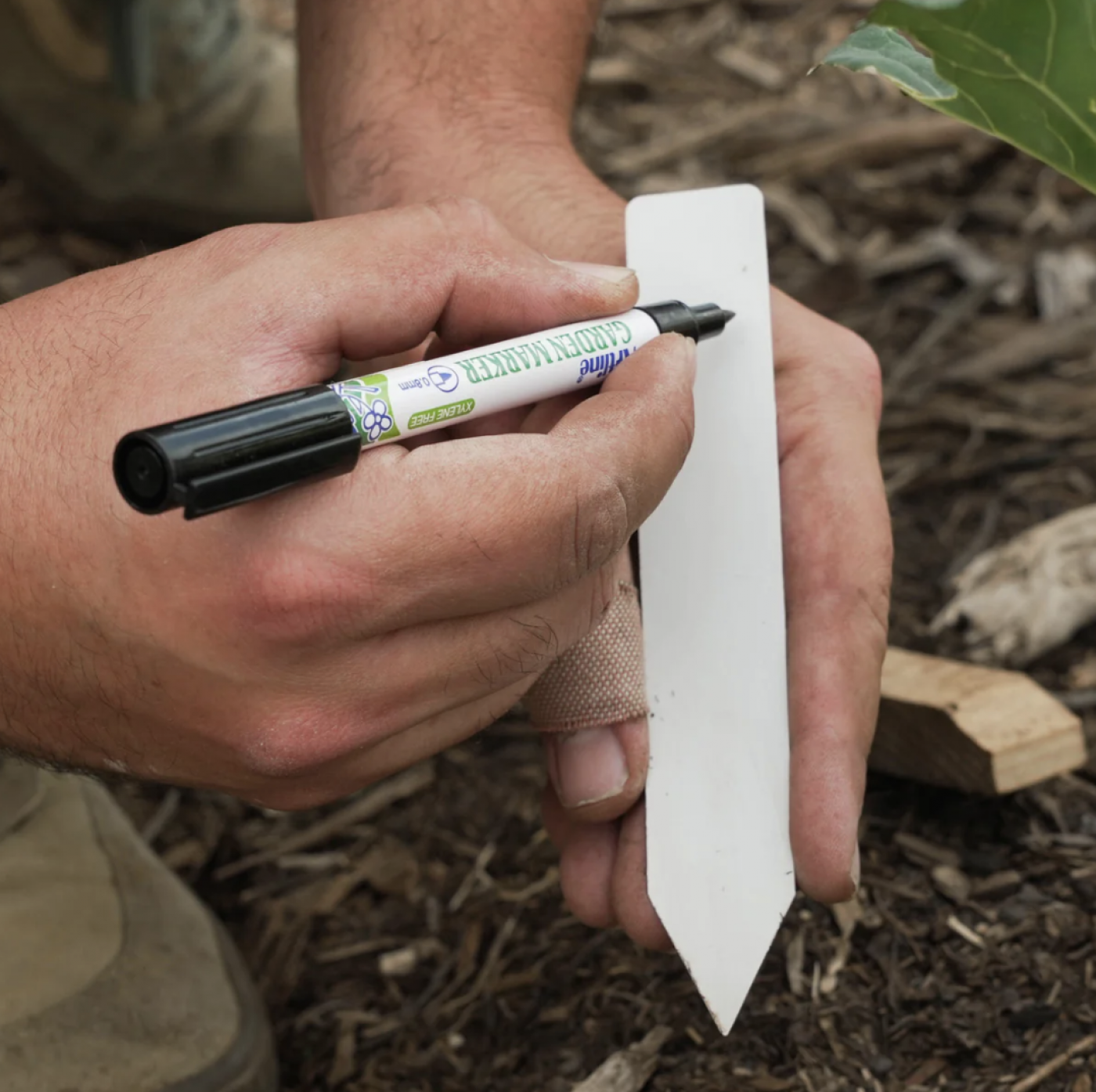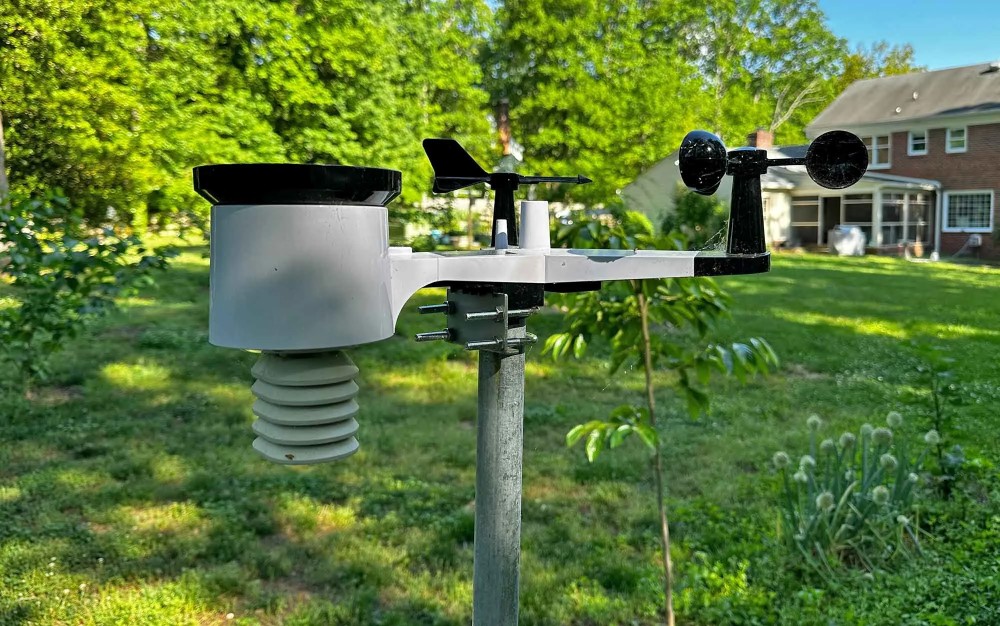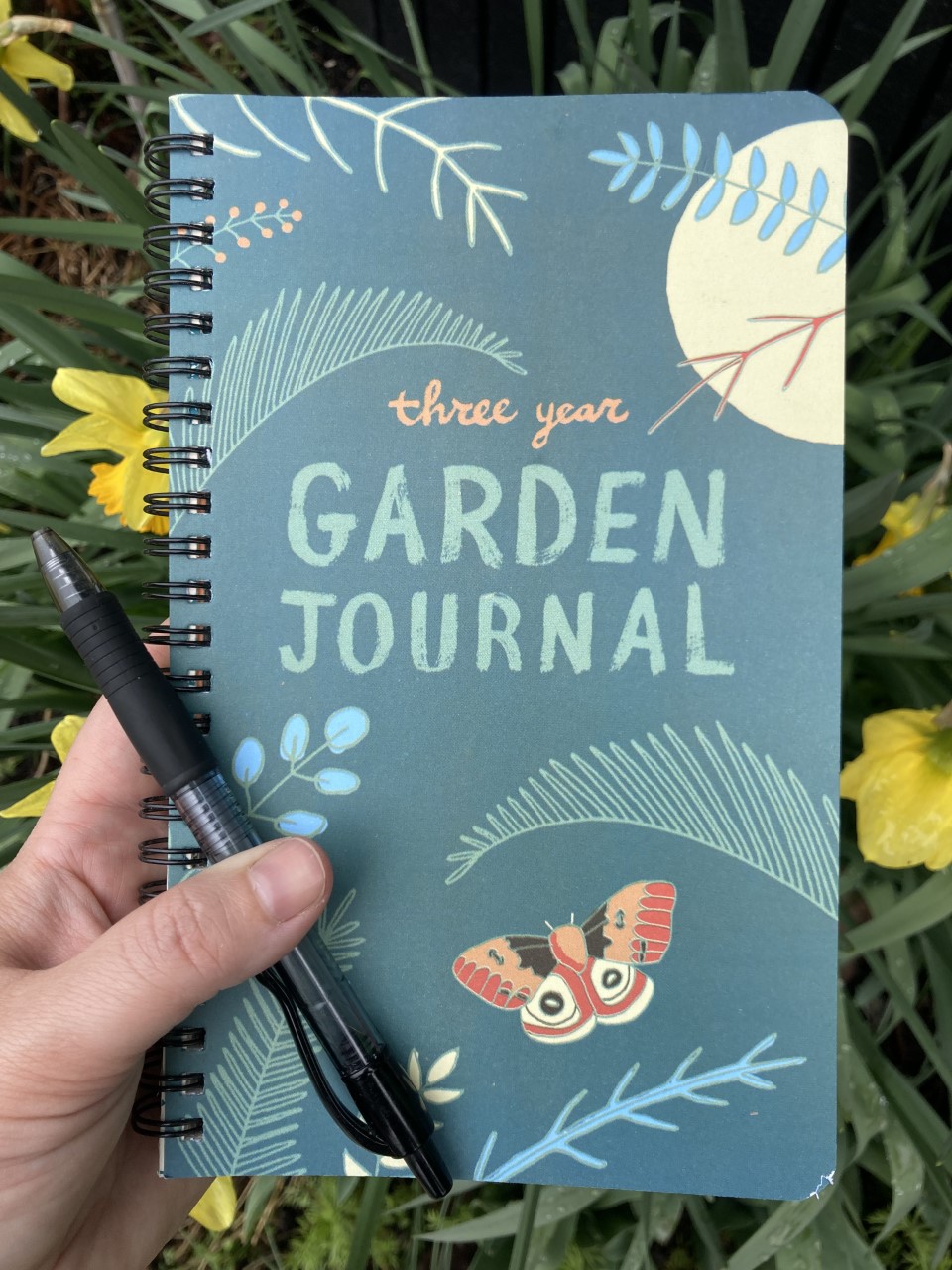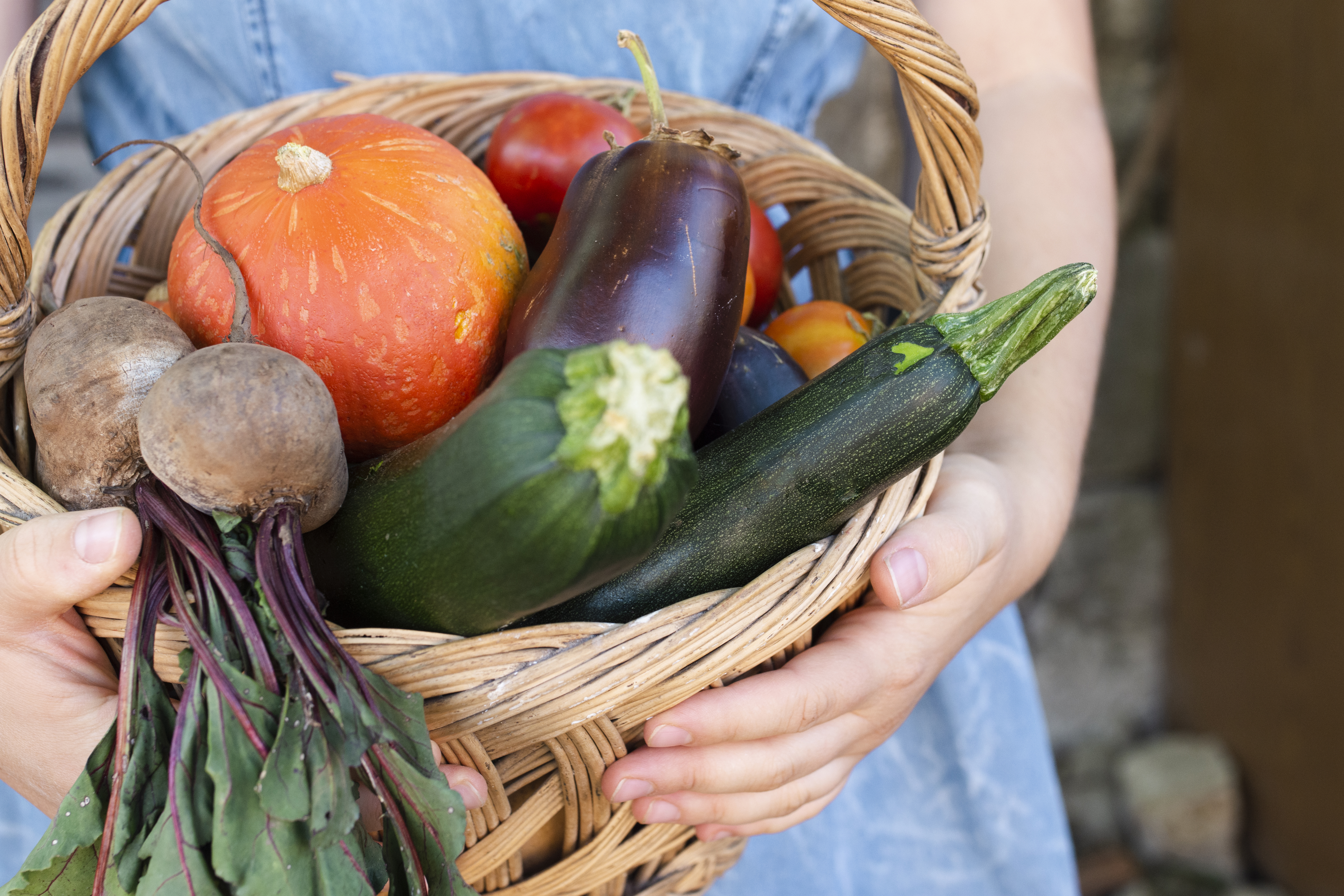· Younes · Garden Tips · 4 min read
10 Gardening Details You’ll Wish You Wrote Down
From planting dates to rose varieties, gardeners often find themselves guessing each new season. Discover the top gardening details most people forget—and how noting them down can transform your growing experience.

For passionate gardeners, every season brings new challenges and rewards. While nurturing plants is deeply satisfying, keeping track of the myriad of factors that influence your garden’s success can sometimes feel overwhelming. One crucial element often overlooked is weather data. Logging specific weather metrics in your gardening journal can transform your gardening experience, making it more intuitive and fruitful. Here’s how you can harness weather data to elevate your gardening game.
1. When Your Favorite Ornamentals Started Blooming
Why Gardeners Forget: Ornamental plants—like peonies, hydrangeas, or daylilies—can have short but spectacular bloom periods, and after the show’s over, it’s easy to lose track of when it started.
Why It Matters: Noting bloom times helps you plan for continuous color in your garden. You’ll also know exactly when to fertilize or prune for the best blooms next season.
2. The Exact Date You Planted Each Crop
Why Gardeners Forget: Between prepping soil, organizing seeds, and balancing daily life, a simple date can easily slip your mind.
Why It Matters: Knowing precisely when you planted tomatoes, peppers, or lettuce helps you pinpoint the perfect harvest windows and troubleshoot issues like slow growth or early bolting.
3. When You Harvested Your First Potatoes (and Other Crops)
Why Gardeners Forget: Harvest time can become a blur, especially if multiple crops ripen around the same period.
Why It Matters: Tracking your first harvest date lets you gauge overall growing times, plan future plantings, and avoid digging up spuds too soon (or too late).
4. The Name of That Gorgeous Rose (or Any Plant Variety)
Why Gardeners Forget: Plant tags vanish, and specific variety names like “Lady Emma Hamilton” or “Queen of Sweden” tend to fade from memory over time.
Why It Matters: If you adore a particular variety, you’ll want to find it again or share it with friends. Correct names also help you look up care tips tailored to that variety.
5. Pest Outbreaks and What Worked Against Them
Why Gardeners Forget: When aphids or slugs appear, most of us prioritize getting rid of them rather than documenting what’s happening.
Why It Matters: Many pests return under similar weather or seasonal conditions. If you record the timing and the treatment that worked, you’ll be prepared to act faster and more effectively next season.
6. Fertilizer and Soil Amendment Schedules
Why Gardeners Forget: Tossing in compost or sprinkling fertilizer often happens spontaneously, without a quick note in your journal.
Why It Matters: Tracking these details prevents over-fertilization or underfeeding. It also reveals which amendments genuinely boost yields or improve plant health, guiding future decisions.
7. The Last Time You Pruned Your Roses or Fruit Trees
Why Gardeners Forget: Pruning can feel spontaneous—if you see overgrowth or deadwood, you grab the shears.
Why It Matters: Plants like roses and fruit trees thrive when pruned at specific times. Forgetting could mean missed blooms or reduced fruit production. A quick note ensures you stay on track year after year.
8. When a Disease (Like Blight) First Appeared
Why Gardeners Forget: Once you spot signs of disease, the immediate focus is on treatments, not record-keeping.
Why It Matters: Knowing the onset date of blight or other diseases helps you prepare for next year with preventive measures—like crop rotation or earlier fungicide applications.
9. How Many Tomato Plants (or Any Other Crop) You Grew
Why Gardeners Forget: By the end of the season, the exact number of seedlings you put in can become fuzzy—especially if you garden year after year.
Why It Matters: Did you end up with more tomatoes than you could handle, or not enough? Tracking how many you planted helps you tweak the count for a more balanced harvest next time.
10. Visits from Pollinators or Beneficial Insects
Why Gardeners Forget: Seeing a sudden influx of butterflies or bees can be a fleeting observation that’s easily overlooked by season’s end.
Why It Matters: Tracking pollinator visits gives you insight into your garden’s ecological health. If numbers drop off, you know it’s time to add pollinator-friendly plants or reduce pesticide use.
Start Keeping Track—Your Future Self Will Thank You
These details may seem small in the moment, but collectively they can make a huge difference. Whether you prefer a simple notebook or a digital gardening app, logging this information ensures you’ll be better equipped to handle next season—and beyond. Happy note-taking, and may your garden continue to thrive!





